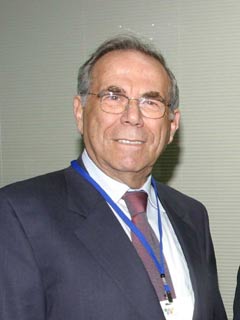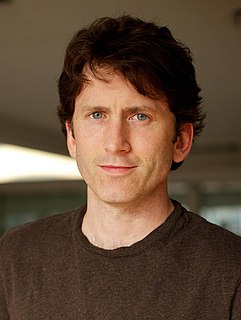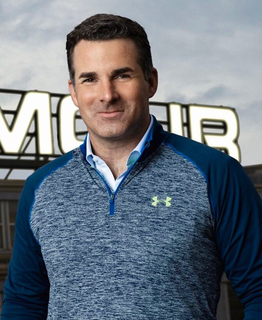A Quote by Marc Randolph
Long story short: I didn't start out thinking I'd be a tech entrepreneur.
Quote Topics
Related Quotes
The most challenging thing for a young entrepreneur is to think long-term. When you are 22 years old, it’s hard to think in 22-year increments since that’s as long as you’ve been alive. But it’s really important to view your life as an entrepreneur as a long journey that consists of many short-term cycles.
You can be entrepreneurial even if you don’t want to be in business. You can be a social entrepreneur focused on the not-for-profit sector. You can be an agriculture entrepreneur if you want to change how people think about farming. You can be a policy entrepreneur if you want to go into government. The idea of an entrepreneur is really thinking out of the box and taking risks and stepping up to major challenges.
Outsourcing, in and of itself, isn't responsible for the erosion of America's high tech infrastructure. The short-term thinking that led to a lot of bad outsourcing decisions is the root cause. And short-term thinking isn't a problem confined to the executive suite. It's a problem in Washington and in our society as a whole.
A short story is a sprint, a novel is a marathon. Sprinters have seconds to get from here to there and then they are finished. Marathoners have to carefully pace themselves so that they don't run out of energy (or in the case of the novelist-- ideas) because they have so far to run. To mix the metaphor, writing a short story is like having a short intense affair, whereas writing a novel is like a long rich marriage.
These short stories are vast structures existing mostly in the subconscious of our cultural history. They will live with the reader long after the words have been translated into ideas and dreams. That's because a good short story crosses the borders of our nations and our prejudices and our beliefs. A good short story asks a question that can't be answered in simple terms. And even if we come up with some understanding, years later, while glancing out of a window, the story still has the potential to return, to alter right there in our mind and change everything.
There's an entrepreneur right now, scared to death, making excuses, saying, 'It's not the right time just yet.' There's no such thing as a good time. I started an apparel-manufacturing business in the tech-boom years. I mean, come on. Get out of your garage and go take a chance, and start your business.



































